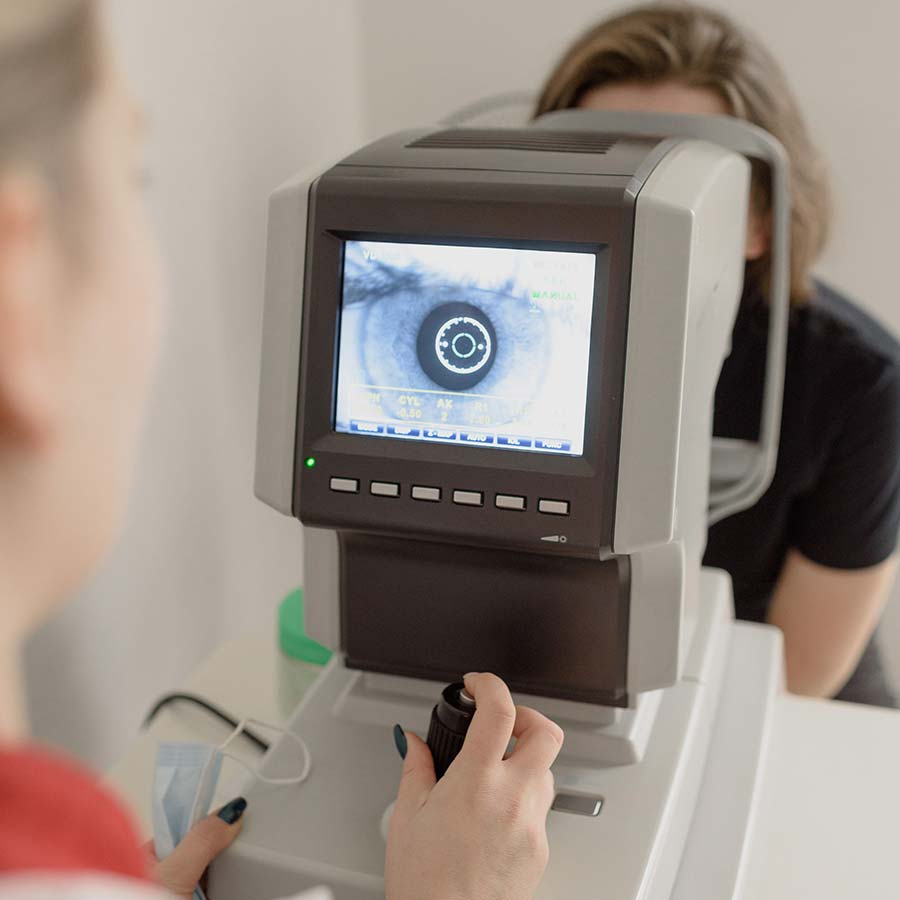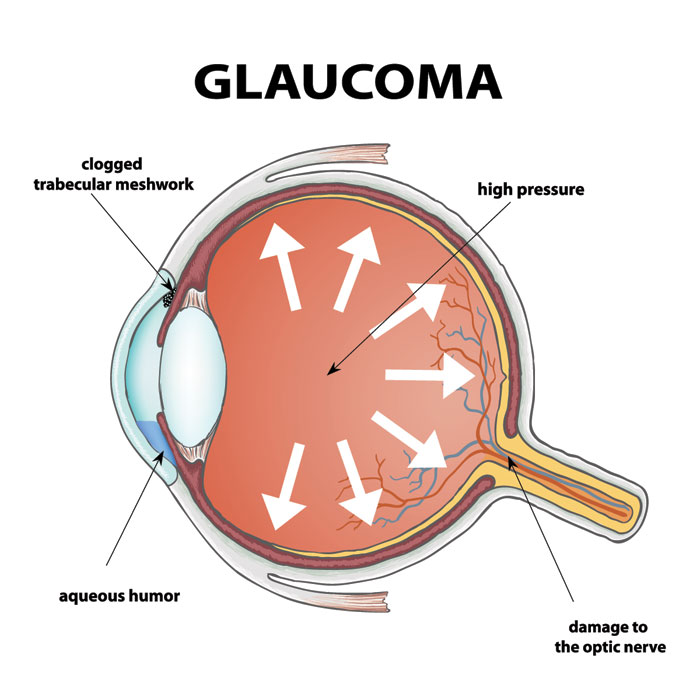Eyes on Health: Ways to Prevent the Spread of Glaucoma
Introduction
Glaucoma is one of the leading causes of vision impairment worldwide, and its effects can be irreversible if not addressed early. Preventing its progression is essential to protecting long-term eye health. This article explores effective strategies for detection, treatment, and lifestyle changes that can help reduce the risks associated with glaucoma.
Understanding Glaucoma and Its Impact
Glaucoma develops when increased eye pressure damages the optic nerve, leading to vision loss. Common symptoms include blurry vision, blind spots, and headaches, though early stages often have no noticeable signs—making routine eye exams critical.
If untreated, glaucoma can result in severe visual impairment and eventually complete blindness. Beyond vision loss, it affects daily activities, independence, and overall quality of life.
Early Detection and Diagnosis
Regular eye check-ups are the first line of defense. Comprehensive exams typically include intraocular pressure measurement, optic nerve evaluation, and visual field testing. Detecting glaucoma early dramatically improves treatment success and reduces the likelihood of permanent damage.
Treatment Options for Glaucoma
Managing glaucoma requires a tailored approach, often involving one or more of these methods:
- Medications: Eye drops or oral medications are commonly prescribed to lower intraocular pressure and prevent optic nerve damage.
- Laser Therapy: Laser treatments improve fluid drainage and help reduce eye pressure effectively.
- Surgical Procedures: For advanced cases, surgeries such as trabeculectomy or drainage implants create alternative pathways for fluid outflow.
Some patients explore complementary treatments like acupuncture or herbal remedies, but these should always be discussed with an eye care professional before use.
Lifestyle Changes for Glaucoma Management
Healthy lifestyle choices can support treatment and improve overall eye health:
- Balanced Diet: Include foods rich in vitamins, minerals, and antioxidants—such as leafy greens, fruits, and omega-3 fatty acids.
- Regular Exercise: Moderate physical activity helps maintain healthy blood flow and may reduce eye pressure.
- Stress Management: Techniques like deep breathing, yoga, and mindfulness can lower stress, which may indirectly benefit eye health.
- Avoid High-Risk Habits: Limiting caffeine intake and quitting smoking can further protect your eyes.
Preventive Measures for Glaucoma
Proactive steps are essential for reducing risk and slowing disease progression:
- Schedule regular eye exams, especially if you have risk factors like family history or diabetes.
- Maintain healthy blood pressure and weight.
- Wear protective eyewear to prevent injuries during sports or hazardous activities.
Conclusion
Glaucoma management is not only about treatment—it’s about prevention and consistency. Early detection, proper medication, healthy lifestyle habits, and regular check-ups can make a significant difference in preserving your vision. Take proactive steps today because your eyesight is one of your most valuable assets.




